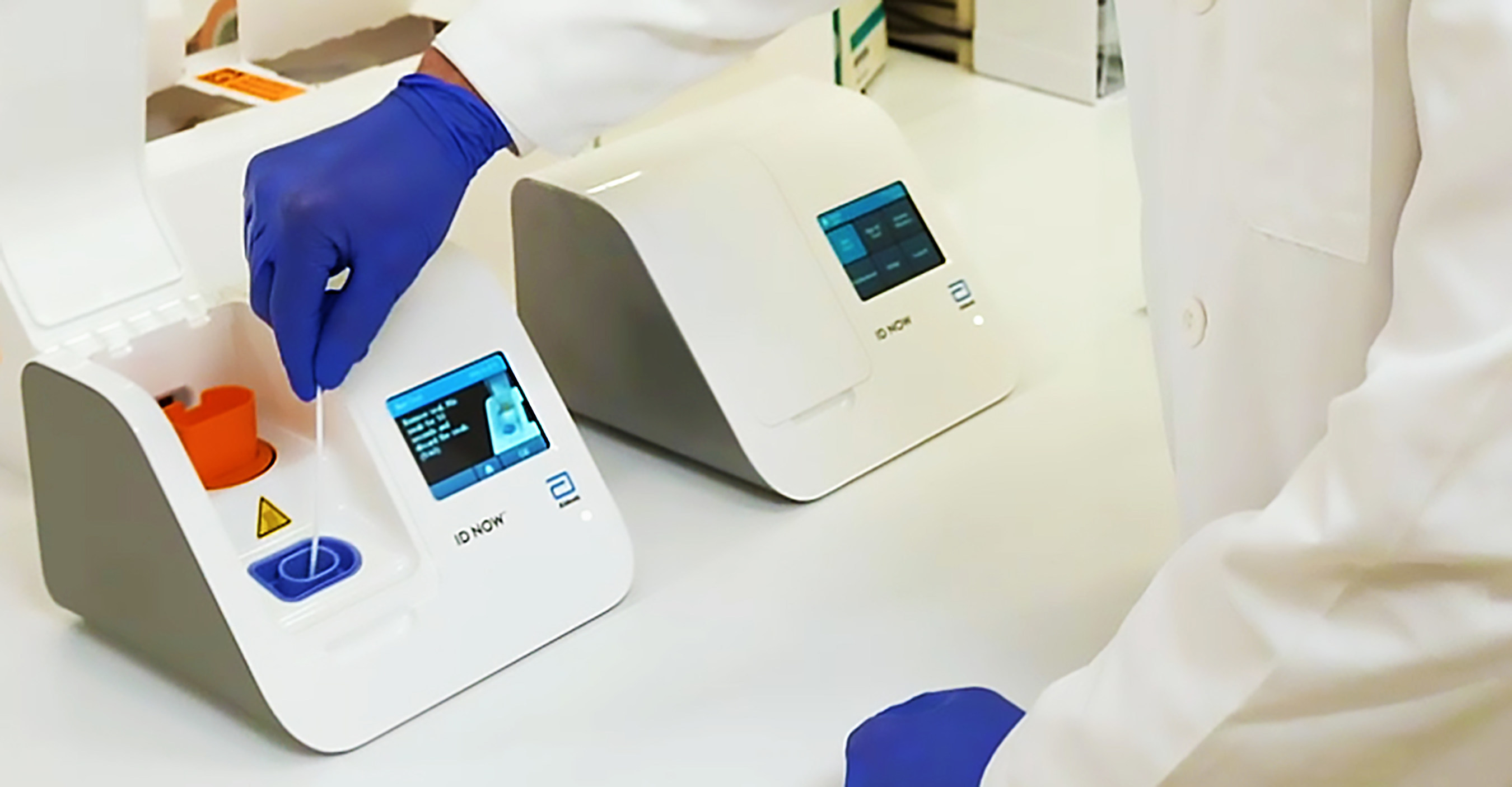Rapid Test Kit for Classical Swine Fever Virus in Swine Herds
The Rapid Test Kit for Classical Swine Fever (CSF) Virus is a critical tool used by veterinarians, quality managers, and livestock farmers to quickly identify the presence of CSFV in swine herds. This test is essential for preventing and controlling outbreaks of this highly contagious viral disease which can lead to significant economic losses.
Classical Swine Fever virus belongs to the genus Pestivirus within the family Flaviviridae, closely related to Bovine Viral Diarrhea Virus (BVDV). The virus primarily affects pigs and wild boar, causing severe clinical signs including fever, lethargy, anorexia, abortion in pregnant sows, and death. Early diagnosis is crucial for effective control measures such as culling infected animals or implementing quarantine protocols.
The Rapid Test Kit provides a simple yet accurate method of detecting CSFV antibodies using lateral flow immunoassay technology. A sample from the suspect animal (usually blood serum) is applied to the test strip, which then migrates through a series of reagents towards a detection zone where specific antigens bind with antibodies if present. Positive results are indicated by visible lines or bands on the test device.
This testing method offers several advantages over traditional laboratory techniques like PCR (Polymerase Chain Reaction) tests:
- It is faster, providing results within minutes instead of hours or days.
- No specialized equipment required beyond basic supplies available in most veterinary settings.
- Easier to use compared to complex molecular assays requiring trained personnel and sophisticated instrumentation.
- Lower cost per test when multiple tests are needed over a short period.
However, it's important to note that while these tests can give quick results, they may not have 100% specificity or sensitivity. Therefore, positive results should always be confirmed by confirmatory testing using more sensitive methods such as ELISA (Enzyme-Linked Immunosorbent Assay).
The test kit follows strict international standards including ISO and EN specifications ensuring consistent performance across different batches produced at our facility.
Eurolab Advantages
At Eurolab, we pride ourselves on delivering high-quality products that meet stringent regulatory requirements. Our Rapid Test Kit for CSFV is no exception:
- Accurate Results: Rigorous quality control processes ensure accurate and reliable test outcomes.
- High Sensitivity & Specificity: Designed to detect even small amounts of virus in samples, reducing false negatives.
- User-Friendly Design: Simple instructions make it accessible for users with minimal training.
- Fast Results: Provides results within minutes, allowing quicker response times during outbreaks.
- Clinical Proven: Backed by extensive clinical trials and real-world usage data from various farms worldwide.
- Sustainable Packaging: Eco-friendly materials used in packaging contribute to environmental responsibility without compromising product integrity.
We work closely with our customers to understand their specific needs, offering custom solutions tailored to individual operations. Our experienced team of experts is always available to provide technical support and guidance throughout the implementation process.
Why Choose This Test
- Rapid Diagnosis: Detects CSFV within minutes without needing complex laboratory equipment.
- Economical: Cost-effective solution for regular monitoring of large herds.
- User-Friendly: Easy to use even by personnel with limited experience in diagnostic testing.
- Informed Decision-Making: Enables prompt decisions regarding herd management and biosecurity measures.
- Educational Tool: Ideal for training purposes, helping new staff members learn proper sampling techniques and interpretation of results.
- Regulatory Compliance: Meets all relevant international standards ensuring compliance with local regulations.
The ease-of-use combined with its reliability makes this test kit an indispensable tool in any pig farm's biosecurity protocol. It helps maintain the health status of the herd, protecting against potential economic impacts associated with disease outbreaks.





